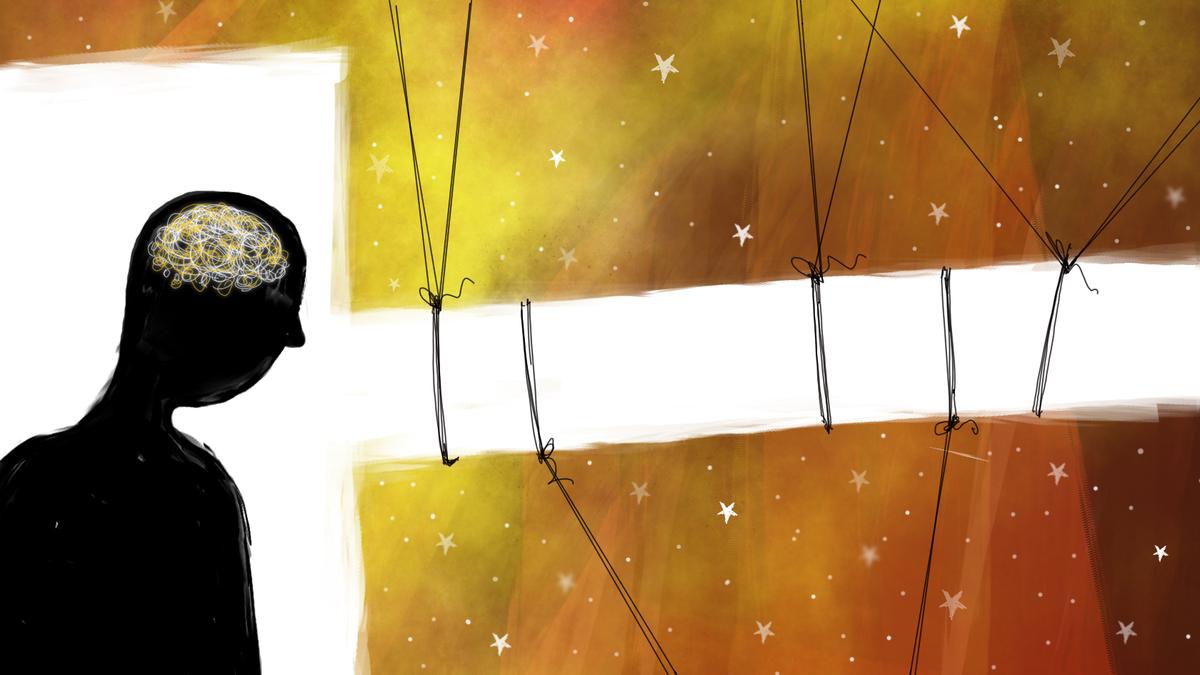
This isolation is not just a byproduct of the profession; it is a deeply ingrained aspect of the role of a judge.
| Photo Credit: SREEJITH R. KUMAR
The life of a serving judge is often cloaked in an aura of dignity and authority, but beneath this exterior lies a profound solitude that few outside the judiciary understand. Judges, entrusted with the weighty responsibility of interpreting laws and delivering justice, often find themselves isolated socially and emotionally.
This isolation is not just a byproduct of their profession; it is a deeply ingrained aspect of their role, shaped by ethical codes, relentless workloads, and the inherent nature of judicial decision-making. The combination of power, isolation, and disconnection from ground reality exacerbates the loneliness experienced by judges, creating a complex web of challenges that affect their mental health and professional effectiveness.
Judges wield significant power, which can lead to a sense of detachment from the community they serve. This power dynamic often results in a heightened level of respect and deference from others, making it difficult for judges to form genuine, non-professional relationships. As noted by judges themselves, once they ascend to the Bench, their social circle shrinks, and they often lose their first name and will be known only by their title.
The isolation inherent in judicial roles is compounded by the need for impartiality and the ethical restrictions that limit their social interactions. This isolation can lead to a disconnection from the ground reality, as judges may not fully engage with the broader community outside their professional sphere. This disconnection can impair their ability to understand the social context of cases, potentially affecting their decision-making.
Judges face immense stress from handling high-profile cases, compounded by loneliness, leading to burnout and compassion fatigue. These challenges can harm their morale, health, and relationships, while impairing decision-making. Addressing this requires peer support networks, stress management strategies, and community engagement opportunities. Ultimately, systemic support is essential to protect their well-being and uphold judicial integrity.
Loneliness among judges is not a new phenomenon. Anecdotal accounts from judges reveal the gradual erosion of social connections as they ascend to the Bench. Many describe their transition into judicial office as akin to entering a “monastery” — a life marked by anonymity and detachment. The restrictions imposed by the Code of Judicial Conduct prevent judges from maintaining casual social relationships with lawyers or engaging freely in community activities. Over time, this professional isolation morphs into personal loneliness, leaving judges to grapple with feelings of invisibility and disconnection.
Psychological toll
The psychological toll of this loneliness is significant. Empirical research on judicial stress has shown that judges experience elevated levels of burnout, secondary trauma, and emotional exhaustion. While their rates of depression may be lower than those in the broader legal profession, the constant pressure to remain impartial and composed exacerbates their vulnerability to mental distress.
From a neuroscientific perspective, loneliness is far more than an emotional state — it has tangible effects on brain function and overall health. Chronic loneliness triggers stress responses in the brain, impairing cognitive functions such as memory and decision-making. Prolonged isolation has been linked to accelerated cognitive decline and increased risks for conditions such as heart disease and dementia. For judges who must process complex legal arguments and deliver decisions that impact lives, these neurological effects can compromise their ability to perform effectively.
Addressing judicial loneliness requires systemic interventions tailored to the unique challenges of this profession. Peer support networks can provide judges with safe spaces to share experiences and foster camaraderie. Mental health programmes designed for judicial officers can help mitigate stress and promote emotional well-being. Encouraging work-life balance through manageable caseloads and periodic breaks from emotionally taxing cases can reduce burnout. This difficulty is inherent to family court judges who deal only with emotionally draining cases such as divorce, custody, and guardianship daily.
The loneliness experienced by judges is not just a personal struggle but a societal issue with far-reaching consequences. By recognising this silent challenge and implementing meaningful solutions, we can safeguard the mental health of those who dedicate their lives to justice while preserving the integrity of our legal systems. In an era where loneliness afflicts millions globally, addressing its impact within the judiciary is timely and necessary.
Published – June 01, 2025 04:45 am IST
